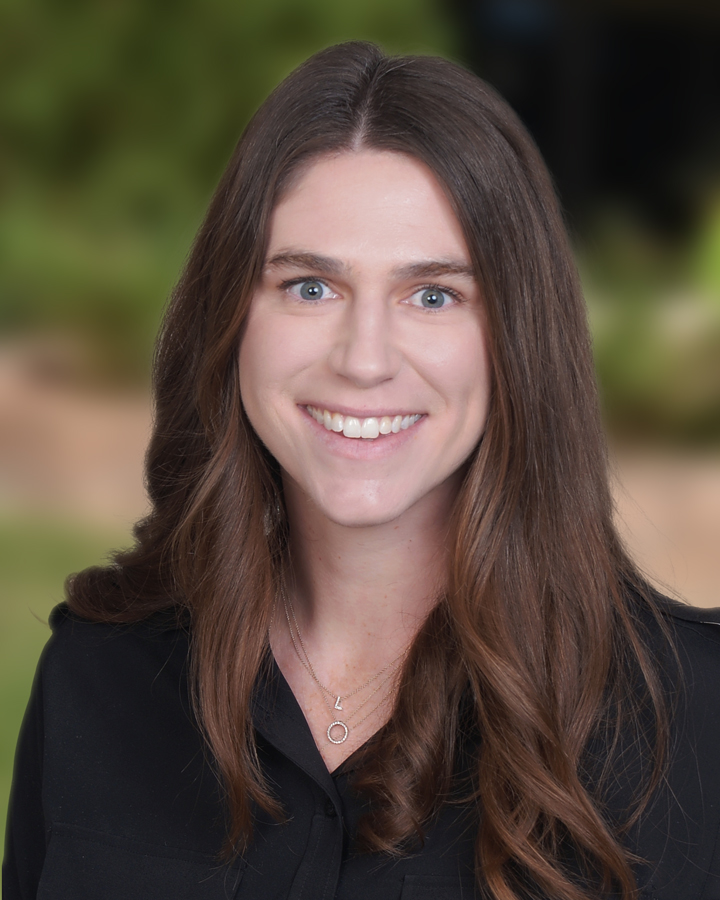Benchmarks Sidebar
Educational Appropriations and Tuition Revenue
In FY 2023, educational appropriations per student increased for the 11th consecutive fiscal year and have increased by 55% since FY 2012 when appropriations per student were at the lowest point during the Great Recession. Tuition revenue per student has also increased overall in the past nine years, despite an annual decrease in FY 2023.
Notes: Full-time equivalent enrollment is equal to one student enrolled full-time for one academic year, excluding most non-credit/non-degree programs and medical students. Net tuition revenue is the gross amount of tuition and fees, less state and institutional aid, waivers and discounts, and medical student tuition and fees. Educational appropriations are state and local support available for public higher education operating expenses. Figures are adjusted for inflation using the Higher Education Cost Adjustment, enrollment mix, and cost-of-living differences among states. Data not available for the U.S. Pacific Territories and Freely Associated States.
For more information, please contact:
Colleen Falkenstern
Director of Evidence and Strategic Initiatives, Policy Analysis and Research
303.541.0313cfalkenstern@wiche.edu
Colleen Falkenstern serves as the Director of Evidence and Strategic Initiatives in WICHE’s Policy Analysis and Research unit. In her role, she leads the unit’s work on a range of postsecondary education data and research initiatives and the development of data resources to support better informed decision-making in the West. These resources include WICHE’s annual collection of tuition and fees data and WICHE’s quadrennial projections of high school graduates, Knocking at the College Door. In her time at WICHE, she has worked on projects supporting Native American Serving Nontribal Institutions, addressing healthcare workforce issues, better alignment between higher education and workforce, and postsecondary completion. She received a bachelor’s degree in marketing and management from the University of South Carolina—Columbia and a master’s degree in higher education from the University of Denver.
